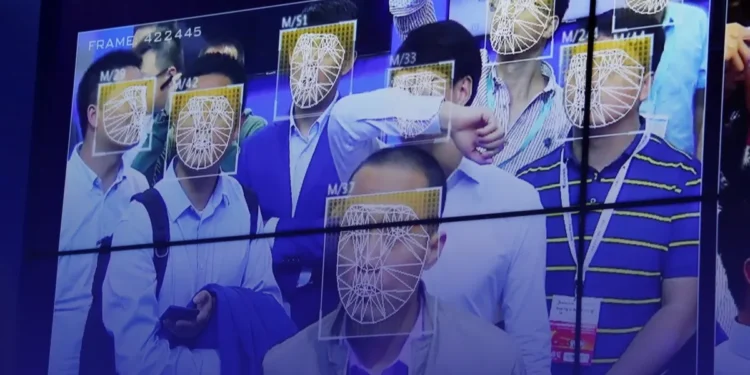China is set to implement new regulations on facial recognition technology, aiming to protect privacy and security. Starting June 1, service providers must offer alternatives to facial recognition for identity verification. This is China’s first significant step in regulating facial recognition, a technology widely used across the country in places like hotel check-ins, gated communities, and digital payments.
The Cyberspace Administration of China and the Ministry of Public Security released these regulations after a two-year public consultation. The regulations aim to address growing concerns about personal data privacy and security risks. With China being a global leader in facial recognition adoption, these new rules are a move to balance innovation with privacy protection.
Key Changes in Facial Recognition Regulations
The new regulations prevent forcing facial recognition on individuals. Service providers must offer alternative identification methods if available. If people refuse to use facial recognition, they must receive reasonable and convenient alternatives.
The regulations also require companies to obtain clear and explicit consent from individuals before processing their facial data. Individuals will have the right to withdraw consent at any time, and companies must make it easy for them to do so.
Facial Recognition Data Security and Privacy Measures
The regulations specify that companies cannot transmit facial data over the internet without explicit consent or unless required by law. Additionally, they must limit the retention period for facial data to the shortest necessary time for processing.
To ensure data security, companies processing facial data must use encryption, access control, security audits, and intrusion detection systems. If a company holds more than 100,000 facial data sets, it must register with the local cyber administration within 30 working days.
Strict Privacy Protection for Personal Spaces
The regulations strictly control where facial recognition can be used. It prohibits the use of facial recognition in private spaces like hotel rooms, public bathrooms, and dressing rooms. This move is in response to growing concerns about privacy and the potential misuse of facial recognition technology in daily life.
Legal Actions and Enforcement
This regulatory push follows previous actions by the Chinese government to ensure privacy protection. In 2021, the Supreme People’s Court ruled that facial recognition cannot be used in public places without consent. This ruling also allowed people to request alternative verification methods to access their neighborhoods.
Additionally, China’s 2021 personal information protection law requires companies to get consent before collecting facial data. Companies that fail to comply with these laws face heavy fines.
The Growing Debate on Facial Recognition in China
In 2022, a Tianjin resident sued his property management company for making facial recognition the sole method of entry to his building. The court sided with the resident, ordering the company to provide alternatives. This case highlights the increasing scrutiny of facial recognition technology in China and the growing demand for privacy protections.
These new regulations mark a critical step in China’s efforts to regulate facial recognition technology while balancing its potential for innovation with the need to safeguard privacy and security. The country’s growing emphasis on data protection reflects global concerns about the unchecked use of facial recognition in everyday life.
By addressing these concerns, China aims to create a framework that protects individuals’ rights while still allowing technology to thrive. Furthermore, These regulations set a new standard for how countries can manage the intersection of privacy, technology, and security in the digital age.
Growing Debate on Facial Recognition Regulation in China
The increasing scrutiny of facial recognition technology in China continues to spark debates about privacy and security. In 2022, a resident sued for the exclusive use of facial recognition to enter their building, resulting in a court ruling that required the company to provide alternatives.
Source: South China Morning Post










